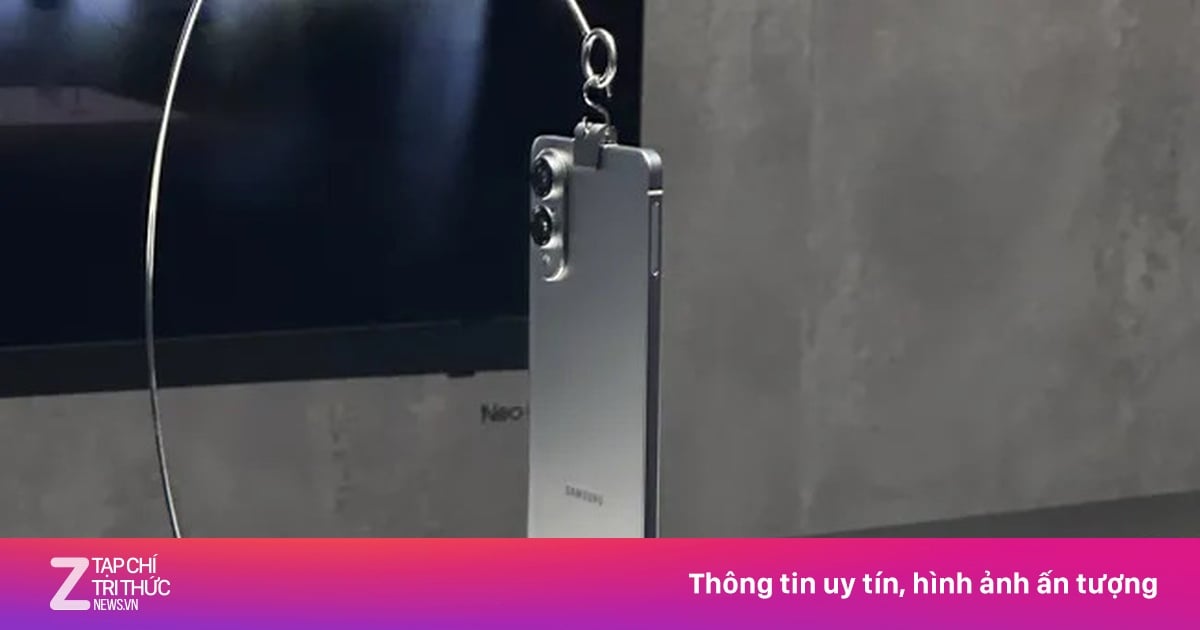According to the canhbao.khonggianmang.vn system, in the 6 weeks since the beginning of June, there have been 7,830 user reports on fraud cases. In particular, in the last week of June and the first two weeks of July, each week, user reports to the system increased 5 times compared to the first weeks of June.

Accordingly, the 5 common forms of online fraud during the week from July 15-21 are:
- Creating fake Facebook accounts to sell electronics: the scammer created and used a Facebook account with fake information to sell electronics and related items, even though when checked, the subject had no goods.
When consumers wanted to buy goods, the subject offered more incentives than the market; at the same time, the subject also used the "GHN-GiaoHangNhanh" application to create fake orders to gain the trust of buyers so that they would transfer money in advance.
The Information Security Department advises people not to buy products of unknown origin, and only transact when their reliability is confirmed. In addition, it is necessary to carefully check the information, buyer reviews, as well as the warranty and refund policy to ensure your own rights.
- Fake public service software installation trap: scammers impersonate police officers and call people to inform them that their citizen identification cards are faulty and need to be updated. However, with the excuse of urgently completing the documents, the scammers ask users to download fake software, thereby taking control of the phone for the purpose of appropriating property.
The Information Security Department recommends that people carefully research information about online fraud, absolutely do not provide personal information, do not access unofficial links or application stores to install strange applications. When needing support related to electronic identification accounts, please go directly to the local police for instructions.
- Fraudulent appropriation of property when participating in the "gum distribution system": the scammer makes friends with users on Facebook and then introduces them to participate in the distribution system on the gumru.online page with high profits. To become a distributor, the victim needs to deposit money into the account as required by the system.
The Information Security Department recommends that people be vigilant, verify information on social networking sites, do not trust offers of "easy work, high salary", and do not provide personal information or transfer money if the identity of the subject has not been verified.
In case of fraud, it is necessary to immediately report to the authorities for verification, prevention and timely handling.
- Fraud, impersonation of celebrities: scammers approach and lure victims through advertisements on social networks. The advertisements are posted under the names of companies and technology corporations, taking advantage of the image of celebrities to call on and entice people to invest money in many different purposes with many opportunities to make money.
In addition to calling for investment, the advertisements also appear with content that is scandalous, attracting attention with false information, fake photos to stimulate curiosity. To view specific information, it is necessary to click on the link attached in the advertisements, then users will be redirected to websites that are similar to reputable websites and viewers need to provide personal information to log in. From there, users will have their information stolen for the purpose of appropriating assets.
Therefore, the Information Security Department recommends that people should be vigilant against misleading posts on social networks. People should verify the accuracy of information, not access attached links, not provide personal information, and not transfer money to subjects whose identities have not been verified.
- Fraudulent appropriation of property via email related to real estate services: the incident was recorded in Australia, a woman was scammed out of 26,000 USD when selling her apartment. Accordingly, after working with a real estate brokerage company, the victim's email address was hacked, the victim's bank account information was changed to the scammer's account number, then the notification mode was turned off when there was information from the brokerage company.
The Australian Competition and Consumer Commission said this is a new form of targeting people who use the services of real estate, legal or construction companies. The subjects attack the victim's email account through advertisements and links containing device tracking software. After the user accesses the link, the scammer will take over the email.
The Information Security Department recommends that people do not access strange links and be wary of messages and advertisements appearing on social networks. When providing important information and data via email, it is necessary to verify with the sender if there are signs of editing. People also need to take measures to secure their email accounts as well as other online accounts.
Source: https://kinhtedothi.vn/phat-hien-chieu-thuc-lua-dao-moi-qua-email.html


![[Photo] Ho Chi Minh City speeds up sidewalk repair work before April 30 holiday](https://vstatic.vietnam.vn/vietnam/resource/IMAGE/2025/4/3/17f78833a36f4ba5a9bae215703da710)

![[Photo] Capital's youth enthusiastically practice firefighting and water rescue skills](https://vstatic.vietnam.vn/vietnam/resource/IMAGE/2025/4/3/3f8481675271488abc7b9422a9357ada)
























































































Comment (0)